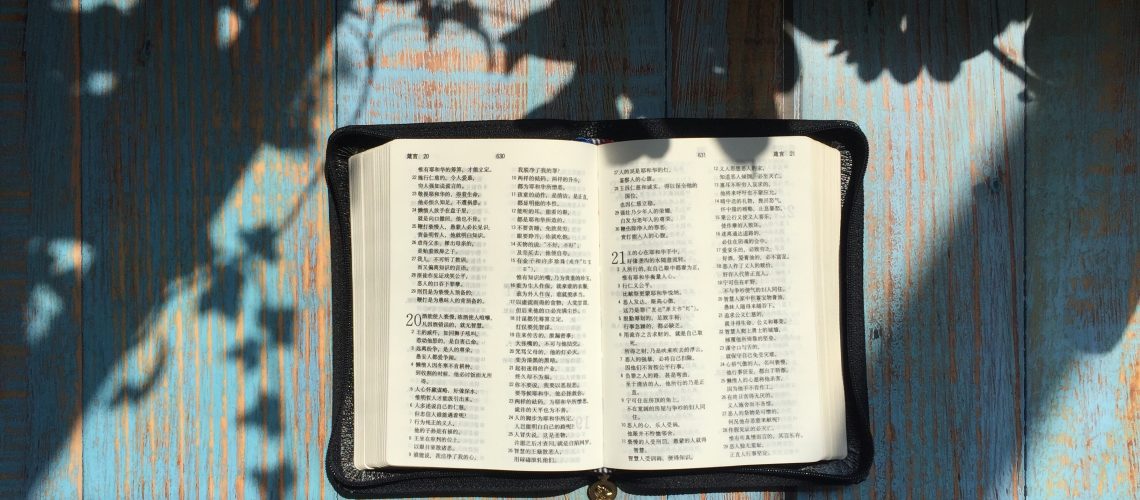Key Verse: “Do not judge, so that you won’t be judged. For you will be judged by the same standard with which you judge others, and you will be measured by the same measure you use. Why do you look at the splinter in your brother’s eye but don’t notice the beam of wood in your own eye?” (Matthew 7:1-3 CSB)
One of the statements that you will hear people make is, “It’s not my place to judge.” Perhaps you’ve said this before too. Most often, people point to the words of Jesus in Matthew 7 when He says, “Do not judge” (v.1). It’s seems pretty clear, doesn’t it? No judging. Case closed. Next topic.
But is that actually what Jesus is saying here? Is Jesus forbidding His followers from ever judging others? The difficulty with this interpretation is that it becomes problematic with some of the other Scriptural teaching on this topic.
For example, just a few verses later Jesus tells us that the way to be on guard against false teachers is to “recognize them by their fruit” (v.15). The Apostle Paul also tells us that when it comes to settling disputes between followers of Jesus, we are to seek to adjudicate our own cases rather than taking them court (1 Cor.6:1-6). In both scenarios, a certain degree of evaluation and judgment is required.
So if Jesus is not forbidding judging others altogether, what is He driving at in His teaching in Matthew 7? At this time in history, the Pharisees had become the self-appointed watchdogs of the standards of righteousness by which everyone must live. In their self-righteousness, they became very judgmental of others and looked down on those who didn’t live in the same way they did.
One of the principles that Jesus is teaching here is that we must carefully evaluate the standards to which we hold others. Jesus said, “For you will be judged by the same standard with which you judge others, and you will be measured by the same standard you use” (v.2). If you are going to judge something in another person, be prepared to be held to the same standard.
Jesus also asks the question, “Why do you look at the splinter in your brother’s eye but don’t notice the beam of wood in your own eye?” (v.3). The point of this question is not that we should overlook matters of sin in one another. Rather, when it comes to judging sin, the person to start with is the one in the mirror. Deal with your own sin before you start pointing it out in others.
There is a time and place to speak the truth in love to someone about what they are doing wrong. But it must be done humbly, wisely and only after much prayerful self-reflection. We don’t see everything that God sees. We don’t know the full story. We don’t see what’s happening in that person’s heart. Only God judges perfectly. Our first priority ought to be prioritizing our own personal holiness, and ensuring that we are faithfully following all that Jesus has called us to do.
Prayer: Holy Spirit, guard my heart against a critical and judgmental spirit. Show me the “beam of wood in my own eye” that I need to deal with today. Grant me a heart of humility and grace, in light of all that Christ has done for me. Amen.
Author: Jonathan Miller has served in pastoral roles for more than 13 years in churches in Barrie, Oakville and Burlington, Ontario. He currently serves as the Chief Operating Officer at Prison Fellowship Canada, a ministry that mobilizes and equips local churches to engage in the restorative work of prisoners, ex-prisoners, their families, and victims across Canada. Jon holds degrees from McMaster University and Trinity Evangelical Divinity School. He and his wife Adrienne have been married since 2004, and live in Burlington, Ontario with their 4 children. Jon’s greatest passion is to know Jesus and to see lives transformed by Him and for Him.




